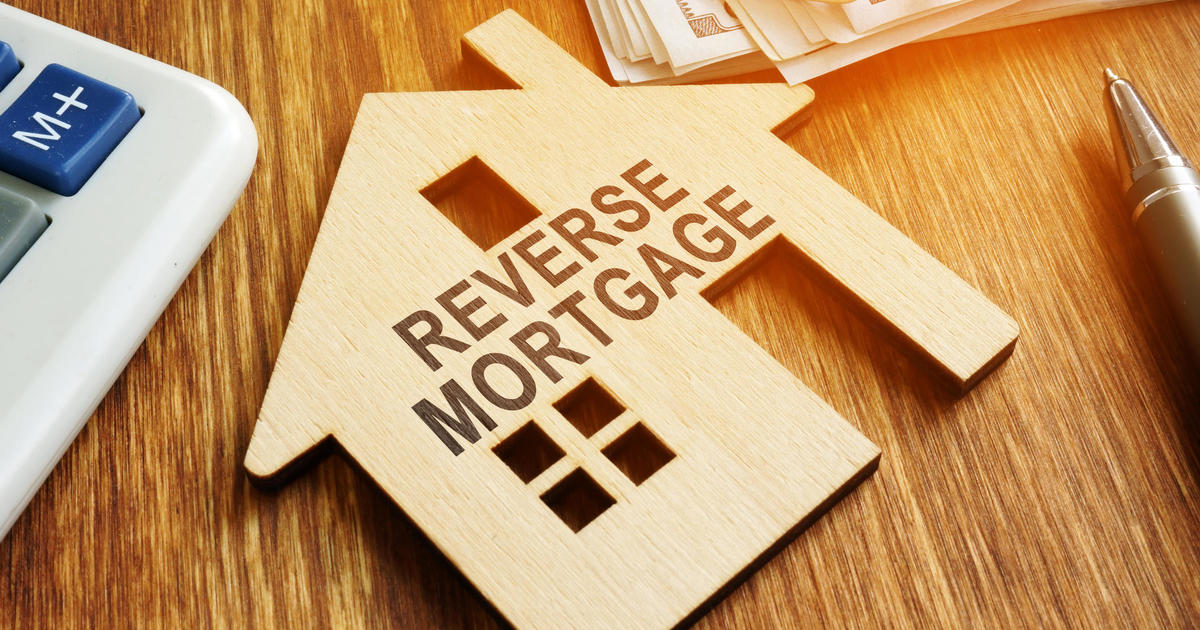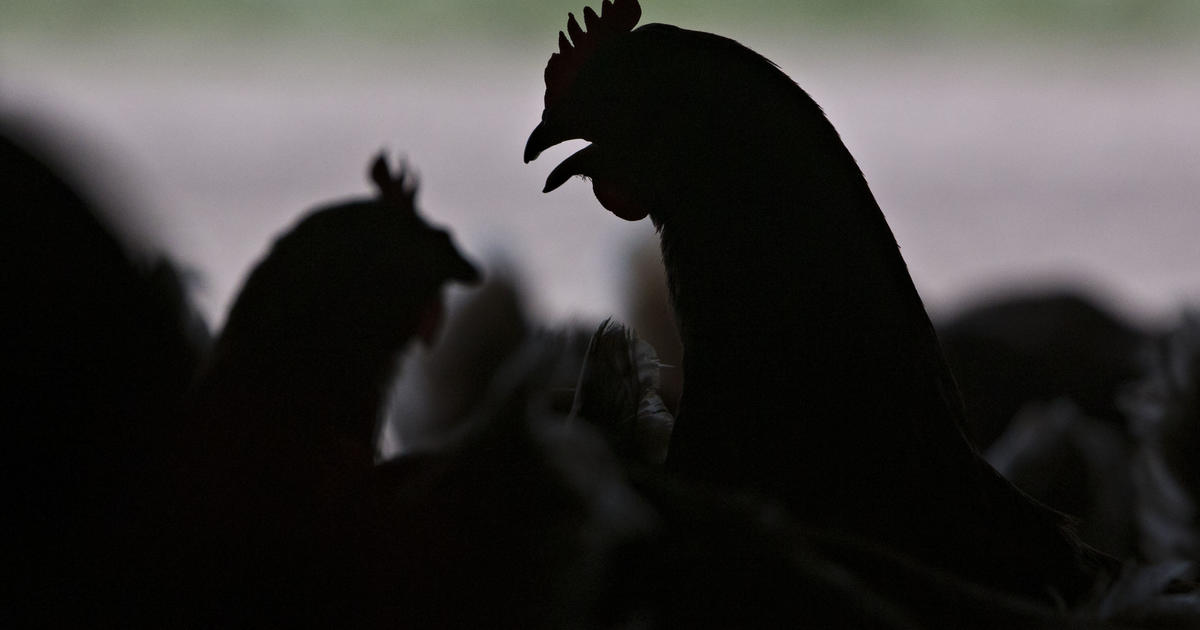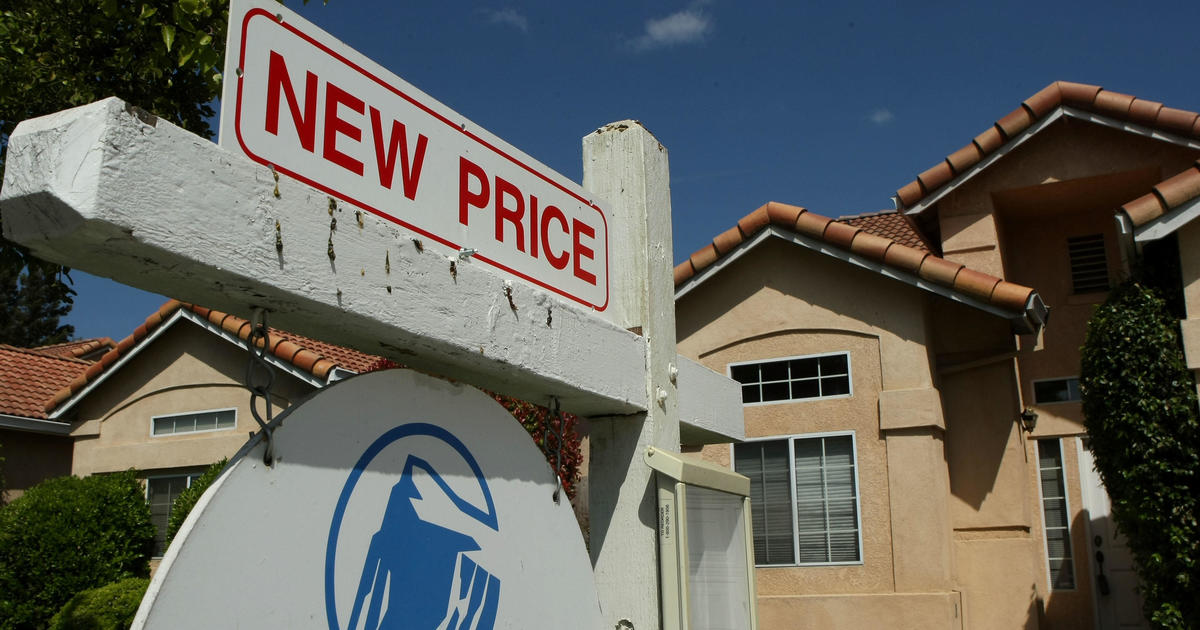Millions of Americans can't afford food, rent and other basics, report finds
The coronavirus' seismic hit on the U.S. economy is rattling people's finances. Roughly 41% of working-age adults say their families have experienced a job loss, a decrease in work hours or other employment-related declines in income in recent weeks, according to a new analysis by the Urban Institute.
Underscoring the jump in financial distress around the country: More than 4 in 10 of Americans whose work was affected by the pandemic said they weren't able to pay the rent, mortgage or utility bills; skipped medical care; or were at risk of going hungry.
The findings are based on an internet survey of more than 9,000 adults between March 25 and April 10. The time frame suggests Americans' financial woes could be even more widespread now, given the millions of workers who have lost their jobs since that time. Other signs the pandemic is having a severe impact, according to the Urban Institute, a centrist think tank:
- 31% of survey respondents reported their families cut spending on food.
- 28% were forced to use savings or take on credit card debt to pay their bills.
- 69% of those whose family incomes were below the poverty level were unable to pay for their housing, were food insecure or were unable to seek needed medical care.
The cratering economy — which has left an estimated 1 in 6 U.S. workers without a job — is especially hurting younger Americans, minorities and those without a college degree. Twice as many black and Hispanic Americans as whites say they are no longer earning any income, according to new data from NORC at the University of Chicago, a non-partisan research group.
If the nation's unemployment rose to 20%, as some economists expect it to, poverty around the U.S. could surge to the highest level since 1967, Columbia University researchers recently forecast.
Meanwhile, the federal government's $2.2 trillion package of economic relief measures is only going so far, as Americans try to cope with an economic calamity that by many measures exceeds the Great Recession that followed the 2007 and 2008 financial crisis.
Among households whose incomes have fallen during this year's downturn, more than 40% are using savings or are behind on their bills, NORC found. And for many, staying afloat has required taking on debt — 28% tapped their credit cards, borrowed from family or friends, or took out a short-term loan to make ends meet.
Michael Karpman, senior research associate at the Urban Institute, said the financial crisis that has followed the coronavirus risks widening the chasm between rich and poor in the U.S.
"If families are unable to stay in their homes, can't afford food or have to skip needed medical care, this crisis will worsen the already enormous problem of inequality in America," he said in a statement.



